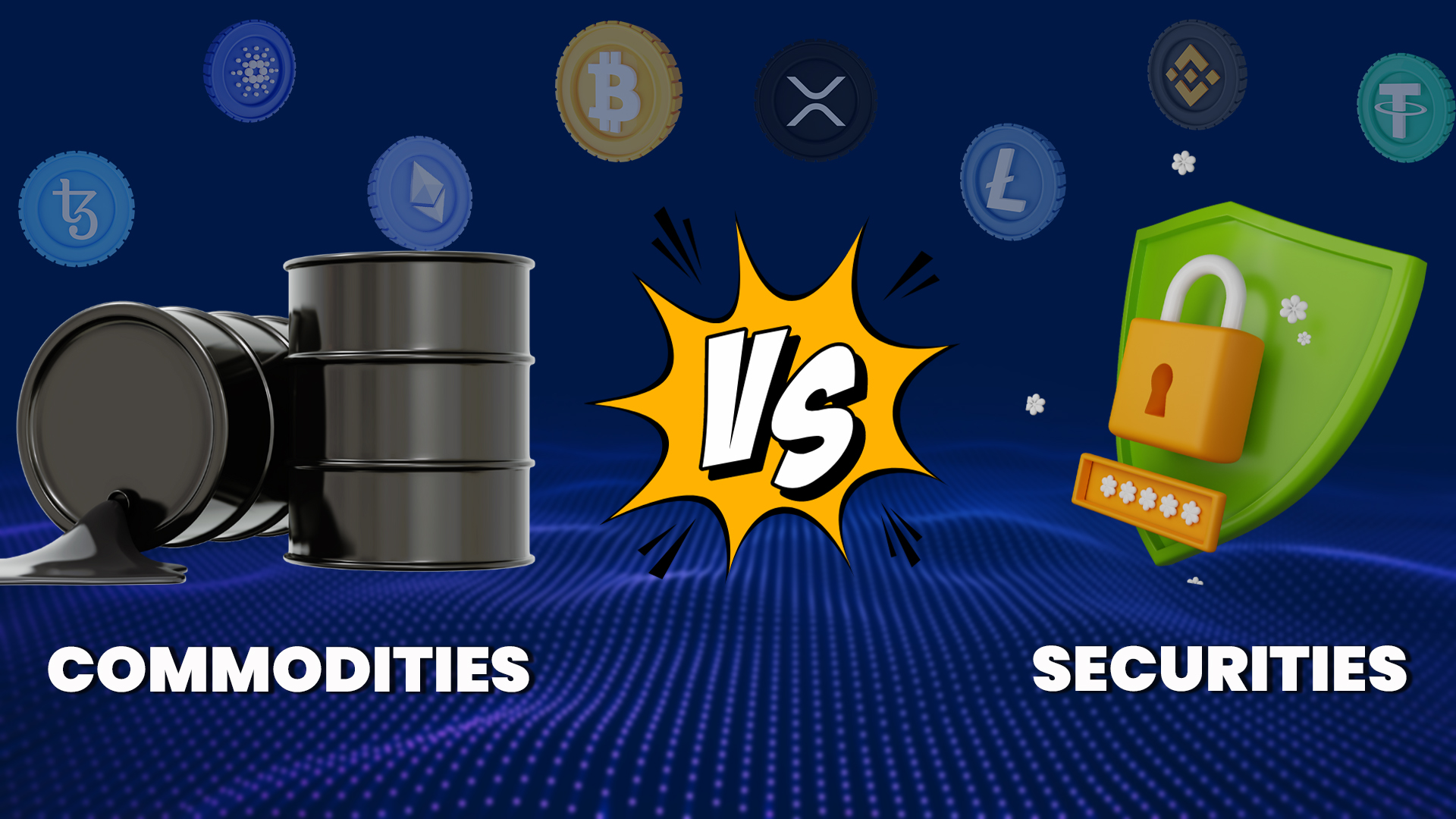- Whether cryptocurrencies are commodities or securities determines their regulation.
- Security and commodity tokens have many commonalities.
In the United States, commodities and securities are two quite distinct types of financial products, governed by two separate government agencies. A legal finding that a cryptocurrency is any of those financial instruments has significant ramifications when it comes to cryptocurrencies.
What are Securities?
The Securities and Exchange Commission (SEC) governs securities, which are financial products, such as stocks, bonds, and derivatives, that reflect a claim against the issuer and are governed. U.S. securities law defined sales of securities as ‘investment contracts’ in response to a significant 1946 lawsuit, SEC v. W. J. Howey Co.
This means that a person investing money in a security “is led to expect profits solely from the efforts of the promoter or a third party,” per the decision. The investors could then sell the securities, sell the investment, or receive a dividend or interest payment to realize their profit.
The ‘Howey test’ that results from this judgment has already been applied in a number of SEC enforcement actions, including the DAO case, a lawsuit against Ripple’s XRP token, and more recently, a case against Dapper Labs, the company that developed NBA Top Shot, a sports collectible non-fungible token (NFT) and related marketplace.
Understanding the Commodities
Contrarily, commodities are tangible things that are exchanged in large volumes on exchanges. These may consist of both precious metals like gold and silver as well as agricultural items like maize and wheat. Usually, commodities are exchanged according to their current market value.
The Commodity Futures Trading Commission (CFTC), which oversees some commodities trading violations in the United States, does not yet have comprehensive regulatory jurisdiction over spot trading, similar to the SEC’s authority over securities.
Why Does the Classification Matter?
The regulation of cryptocurrencies and other digital assets depends on whether they are classified as commodities or securities. Generally speaking, commodities are less heavily regulated than securities. Compared to securities, commodities have a lower tax rate. Since the creation of Bitcoin, the SEC and financial authorities have been discussing how to categorize cryptocurrencies.
Given its limited quantity of 21 million, bitcoin’s native token, bitcoin (BTC), is sometimes referred to as “digital gold” and is primarily used as a “store of value.” Additionally, authorities have often claimed that ether (ETH), the native currency of Ethereum that powers the blockchain, also qualifies as a commodity since it has an implied value similar to that of gas or oil.
Key Similarities and Differences
There are several similarities between security tokens and commodity tokens. One may purchase a portion of anything, they could get dividends or a portion of the earnings, and access is made simpler. They are subject to the same regulations that apply to conventional securities and commodities.
Security and commodity tokens have certain similarities, but they also vary significantly. Security tokens demonstrate ownership of a portion of an entity, such as a business. On the other hand, commodity tokens demonstrate that the users are the owner of or have rights to tangible objects.
It’s also possible that the rules for each of these tokens vary. Securities typically have more stringent regulations. To make the best decisions possible, investors need to be aware of these distinctions.
